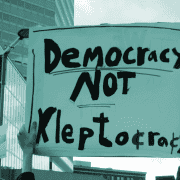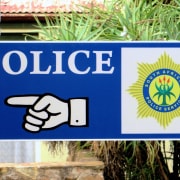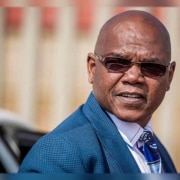|
Getting your Trinity Audio player ready...
|
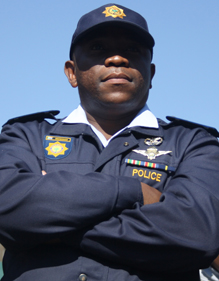 Two-thirds of South Africans believe the most corrupt government officials are in the national police service, followed by those in the Department of Home Affairs – these are among the findings recently released as part of a Human Sciences Research Council (HSRC) survey.
Two-thirds of South Africans believe the most corrupt government officials are in the national police service, followed by those in the Department of Home Affairs – these are among the findings recently released as part of a Human Sciences Research Council (HSRC) survey.
The study, on perceptions of corruption in the country, was conducted with the help of South African Social Attitudes Survey 2011 (Sasas), which sampled 3 057 South Africans from the ages of 16 years and older.
The results of the survey also indicate that about three-quarters (74%) of all South Africans believe the incidence of corruption has increased in the past three years, while 10% feel it has declined and 12% report that it has remained unchanged over the period.
“In recent years, there has been mounting attention and concern focused on corruption scandals involving the police, politicians and the nation’s business elite, to the extent that Public Protector Thuli Madonsela recently proclaimed that the country has reached a tipping point in its battle against corruption,” said the HSRC.
“The survey results show high levels of dissatisfaction with the problem and widespread support for tougher action.”
Corruption uppermost on our minds
“Freedom, security and justice are critical features of a democracy and have been enshrined in the Constitution. Corruption is seen as a major obstacle in realising these constitutional ideals,” the council states.
The survey reveals that despite government’s efforts, including a wide-ranging legislative framework and setting up a number of anti-corruption task forces, the public believe corruption is still a major societal concern.
In late 2011, 91% of South Africans agreed that corruption represents a major problem. Furthermore, many South Africans acknowledge that corruption is escalating in the country. In 2003, only 9% mentioned corruption in their list of the top three challenges facing the country, but this had increased to 26% by 2011.
“This professed aversion to corruption is not unique to South Africa and appears to be characteristic of nations that have undergone a transition to democracy in recent decades. Indeed, comparative results from Eurobarometer suggest that South Africans share a common concern over corruption with many post-transition nations such as former communist Hungary, Bulgaria and Romania,” according to the HSRC.
Where is the corruption?
Survey respondents were asked to identify the areas of public service in which they felt bribery and abuses of power for personal gain were noticeably widespread (see figure 2 below). The most commonly cited state entities were the police, with two-thirds (66%) of South Africans expressing the view that bribery and corruption are endemic in the South African Police Service.
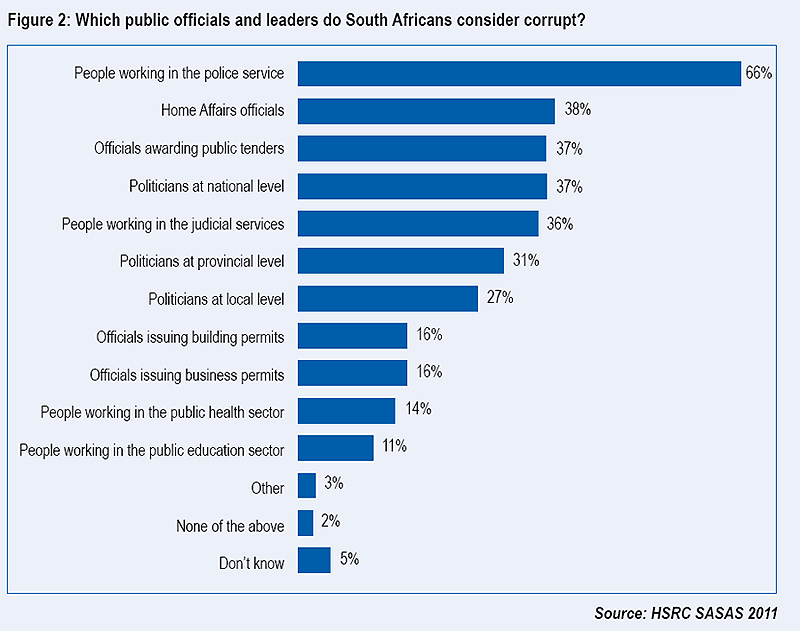
More than a third of South Africans believe there is considerable bribery and corruption among home affairs officials (38%), national politicians (37%), officials awarding public tenders (37%), and people working in the judicial services (36%).
“The extensive exposure afforded to corruption cases by the media in recent years, including high-level policing scandals and tender irregularities, are likely to have fuelled these perceptions,” the HSRC states.
What’s the reason for the rot?
South Africans were asked to specify the main reasons why corruption exists in the country (see figure 3 below). The most popular response, mentioned by almost two-thirds (63%), is that the national government and parliament are not doing enough to fight corruption.
A secondary set of reasons mentioned by close to a third of South Africans include :
- Lack of adequate punishment by the judicial system (33%),
- Lack of transparency in public spending (30%),
- Close links between business and politics (29%),
- The societal acceptance of corruption as part of daily life (28%)
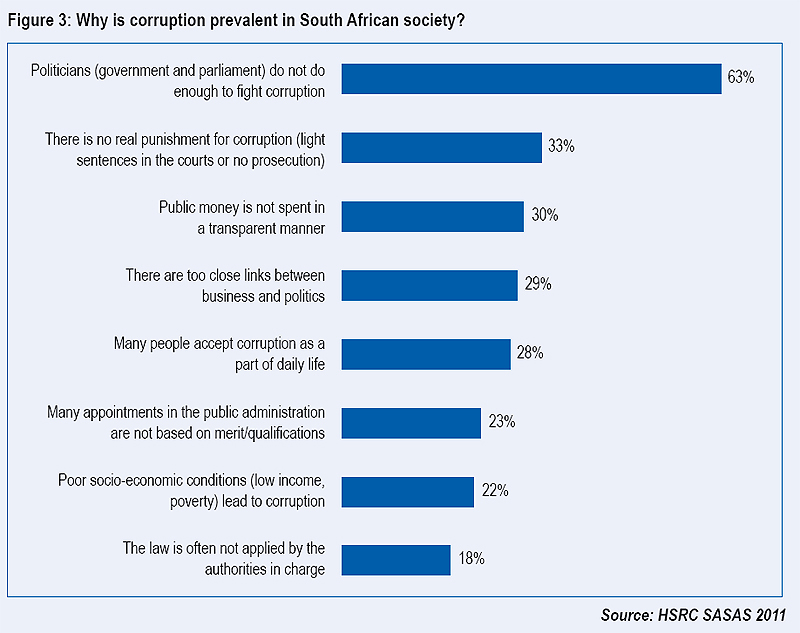
Effective or not?
While the majority of South Africans believe government and parliament are not doing enough, the survey results show mixed feelings about the effectiveness of existing anti-corruption interventions, with 54% stating that these are effective, and 39% offering a critical evaluation.
“This disagreement may be attributable to the demand for greater punitive measures for those found guilty of corruption among certain segments of society. More than three-quarters (77%) of adult South Africans believe court sentences in corruption cases are too light. Recent high-profile corruption scandals in the media may also be responsible for polarising public perceptions on state efficacy in handling corruption,” according to the council.
Despite dissatisfaction with how government and the courts are fighting graft, most South Africans still believe it’s the job of the those institutions to do so.
Asked to name the institutions that should be responsible for preventing and fighting corruption, 73% identified the police and 69% identified national government.
Most South Africans still see the SAPS as the most trusted institution (66%) to resolve their experiences of corruption – an ironic finding considering 66% of our public also see the police as the most rotten government entity.
The public also have corruption-busting confidence in the courts (38%) and the media (17%). No other source was trusted by more than a tenth of the adult population. Bear in mind that this survey was done before the official launch of Corruption Watch, so results in this poll section may be somewhat different next time it’s done!
“Taken together, these results may suggest the desire by a majority of citizens for the police and government – and to some degree the courts – to become legitimate and capable actors in the fight against corruption, despite concerns with present performance,” the HSRC said.
The survey results also showed that South Africans strongly believe in proactivity and the role of ordinary individuals in addressing corruption.
Some 85% of South Africans claimed that they would report an incident of corruption, 83% stated they would support a colleague or friend if they fought against corruption, while 82% agreed that ordinary people could make a difference in the fight against corruption.
Make the difference now, by signing our anti-graft pledge and reporting your cases of corruption!



